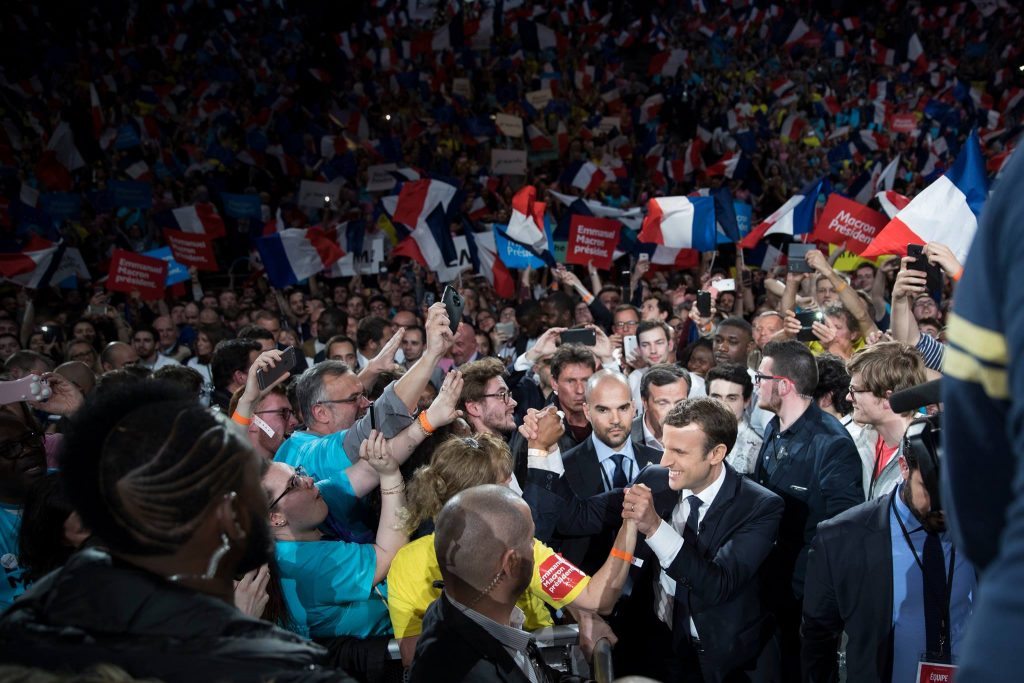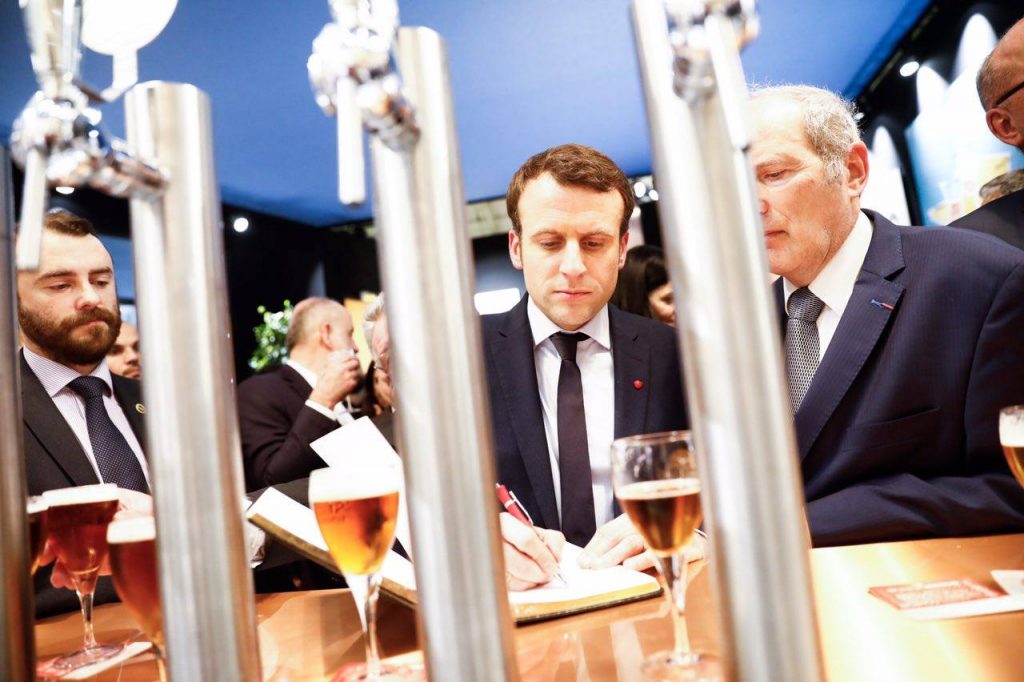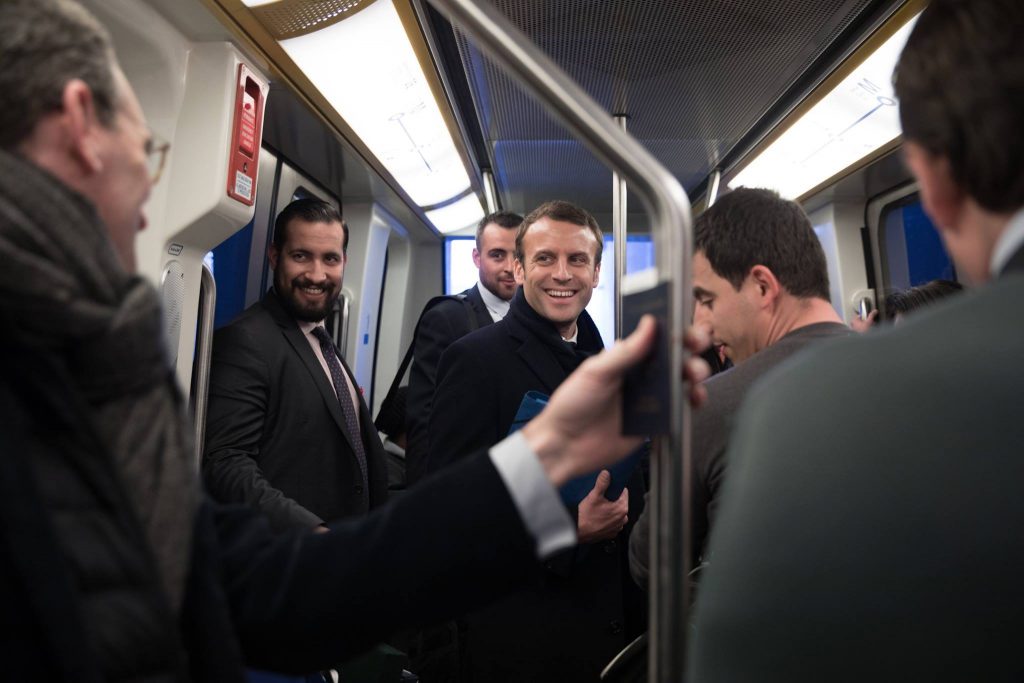French presidential election 2017. What will France under Emmanuel Macron look like
Emmanuel Macron has won the 2017 French presidential elections. EvoNews takes a look at what France will be like under the presidency of centrist Emmanuel Macron. A clean cut investment banker at origin, who didn’t grace the French political stage until two years ago, Macron has a track record of being pro-business and in favour of rules that allow companies more freedom. As such, he proposes a set of measures in the corporate and banking sectors that are supped to boost France’s economy.
Among his proposed measures, Macron wants to cut corporate tax from 33% to 25%. He also want to convert the CICE tax credit system for firms into permanent payroll tax breaks for low-wage workers. The 35-hour legal work week would remain but negotiation of real work hours would be left to company level. As for low-wage earners, they would be exempted from certain social welfare levies, a measure that would put an extra month’s wage per year in the employee’s pocket.

Regarding public investment, Macron’s plan calls for 50 billion euros of public investment over five years, of which 15 billion are for training and changing skill-sets to find jobs. Another 15 billion would be directed towards on energy and environment targets to ensure that in five years, there can be an exit from coal-based energy production, a shift towards alternative, renewable energy sources, rise in carbon tax. 5 billion euros would be directed in the farm sector financing for environment-friendly projects, local production cooperatives and aid during price crises.

Another 5 billion are promised to transport and local infrastructure, with a focus on renovating old train lines rather than building new ones, while another 5 billion euros will be spent on the health sector, including better reimbursement of glasses, dentures and hearing aids, plus moving away from wasteful medicine packages that contain more pills than a patient needs. The last 5 billion will be employed in the modernization and computerization of public administration.
Security measures in Macron’s France
When it comes to security measures, a problem that is becoming more and more vital in France, which has seen the worst terrorist attack of any European country in recent years, Macron wants to build 15,000 extra prison places, hire 10,000 police and raise defense budget to 2 percent of GDP, from just under 1.8 percent in 2016. He also wants the introduction of on-the-spot fines for drug use and issue orders banning gang-leaders from certain neighborhoods.

When it comes to Education and Health, Macron’s France would look very diffrent. In primary classes, there will be no more than 12 students per class in 12,000 low-income zones, with teachers given a bonus of 3,000 euros a year to work in such areas. All 18-year-olds would get a 500 euro “culture pass” to spend on cinema, theatre and concert tickets. Another measure that could take place, probably not to the liking of students, is the banning of mobile phone use on school premises for pupils aged up to about 15 years.
The immigration problem
A problem that has been a great concern in French society, that of immigration, will also be handled in a balanced manner, very unlike the promises made by Marie Le Pen. There will be a strict application of secular policy in public life and there will be no ban on Muslim veil for university students, as envisaged by some candidates. Asylum requests will be processed within six months and the state will give subsidy of 15,000 euros over 3 years for firms that hire people in 200 low-income neighbourhoods.
In governance, Macron wants to reduce the number of lawmakers by a third in both the Senate and National Assembly. He also wants to reduce by at least a quarter the number of provincial local authorities and ban the hiring of family-members as assistants of lawmakers. Elected mandates would be limited to a maximum of three of same kind. Also, people holding elected office will not allowed to do consulting activities.